UN Human Rights Council extends Yemen war crimes investigation
The United Nations Human Rights Council voted to extend an international probe of alleged war crimes committed in Yemen despite strong opposition from Saudi Arabia and several of its allies.
Nations voted 21 to 8, with 18 abstentions, in favor of a resolution that renewed the U.N.-backed investigation for a year. Last month, investigators detailed evidence of possible war crimes committed in Yemen by both the Saudi-backed coalition and the Houthi rebels supported by Iran.
Burundi, China, Cuba, Egypt, Pakistan, Saudi Arabia, the United Arab Emirates and Venezuela voted against the extension.
#HRC39 adopts RES on #HumanRights situation in #Yemen Extends mandate of Group of Eminent Experts for 1year +report at #HRC42. Requests @UNHumanRights #HC to provide assistance, advice & support to enable National Commission of Inquiry to complete its work HC report #HRC40 #HRC42 pic.twitter.com/RPA2l6ai0Z
— HRC SECRETARIAT (@UN_HRC) September 28, 2018
Earlier on Friday, the coalition criticized the U.N. human rights mission in Yemen, and said any extension should be a matter for the Yemeni government. which announced on Thursday that it was ending cooperation with the U.N. investigation into suspected war crimes.
The Arab group in the rights council had backed a rival text that called on Yemen’s national human rights commission to take charge of future investigations of the conflict.
In their first report issued last month, the U.N.’s Group of Independent Eminent International and Regional Experts said they had “reasonable grounds to believe that the parties to the armed conflict in Yemen have committed a substantial number of violations of international humanitarian law.”
Many of these violations may amount to “war crimes” the 41-page report said, adding that the investigators had identified a number of alleged perpetrators.
The report covers the period from September 2014 through June 2018, and does not address the latest series of deadly strikes that have killed dozens of children in rebel-held areas and sparked international outrage.
Saudi Arabia’s ambassador to the U.N. in Geneva, Abdulaziz Alwasil, said he voted no because the resolution did not address his “legitimate concerns,” notably about the “lack of balance” in the probe’s first report.
Coalition spokesman Colonel Turki al-Maliki had earlier criticized the “inaccuracy of the information in the report, which was derived from non-governmental organisations and the testimonies of some persons whose circumstances are unknown.”
He said the report “failed to mention Iran’s role in Yemen, and the countless violations perpetrated by the Houthis, both against the Yemeni people and against the kingdom” of Saudi Arabia.
“These violations include targeting the kingdom using Iranian ballistic missiles – aimed at civilian and religious sites,” he added.
The coalition says the rebels have fired more than 200 missiles at Saudi Arabia since it intervened in Yemen.
The approved resolution led by a group of European states and Canada calls on investigators to deliver another report next September.
Probe members had said they needed more time to fully document the range of violations.
The conflict in what was already one of the world’s poorest countries has caused what the U.N. has described as the world’s worst humanitarian crisis.
The devastating conflict in Yemen has left nearly 10,000 people dead since March 2015, when a Saudi-led coalition intervened to fight Houthi rebels closing in on the last bastion of President Abd Rabbo Mansour Hadi’s government.
Yemen Houthis mass-produced mines and IEDs using Iranian components, CAR report finds
With reporting from AFP


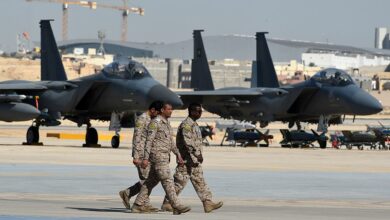



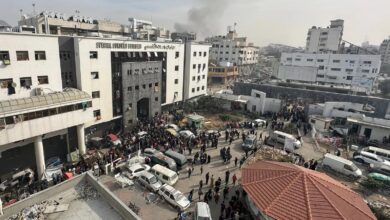

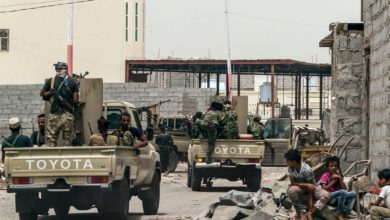

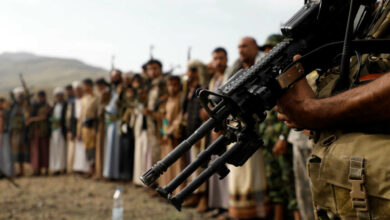
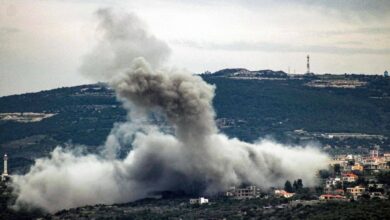
One Comment